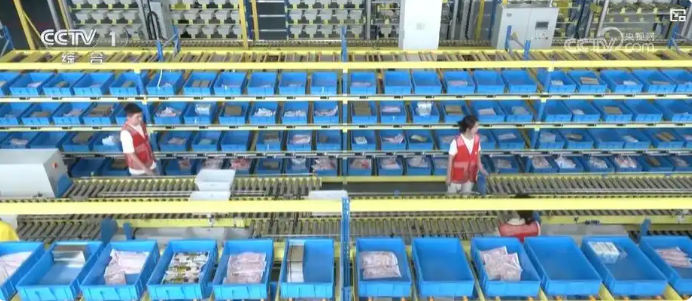
Last year, China’s express deliveries hit 174.5 billion, ranking first globally for 11 years in a row. While this growth is impressive, it brings serious environmental problems from packaging waste. To solve this, the State Council has ordered express companies to use greener, less wasteful, and reusable packaging starting June 1.
Many express companies are already taking action. SF Express has introduced “Double-E” recyclable bags made of 100% single material with 30% recycled plastic. They’ve replaced about 47 million traditional bags in Beijing. J&T Express uses fully degradable waterproof bags and biodegradable tape in many regions, with over 3.73 million bags and 344,000 rolls of tape used by the end of 2024. JD.com designed lighter “X-Series” boxes using 5-25% less material and saved 12,000 tons of carbon emissions in 2024. ZTO Express launched a recycling program, collecting 127 million cartons (纸盒) in 2024, cutting costs by 50% at some stores.
However, challenges remain. Fully degradable bags cost three times more than regular ones. Biodegradable materials like PLA are expensive and have a short shelf life. Reusable packaging is 3-5 times more expensive, with extra money for collection and transport. Also, many consumers worry about privacy (隐私) and cleanliness, refusing to return used packaging.
Experts suggest solutions. The government should set clear green packaging standards and offer financial support to companies. Companies must innovate cheaper, stronger green materials and build easy return systems. Most importantly, brands with high-value products should take the lead in using reusable packaging. To involve consumers, companies can offer rewards like points or discounts (折扣) for recycling. With these efforts, China’s express industry can grow while protecting the planet.
原创编写 版权所有 侵权必究! 每日更新 个性化阅读 英语飙升!
3. 3. Which action is NOT mentioned in JD.com’s green efforts?
A Using lighter boxes.
B Reducing carbon emissions.
C Promoting original packaging.
D Using reusable ice packs.


 更多优质学习内容
更多优质学习内容

